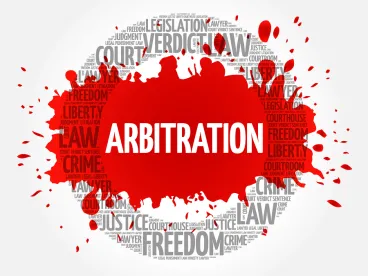On May 21, 2018, the Supreme Court ruled in Epic Systems Corp. v. Lewis that employees can agree to: (1) arbitrate employment disputes; and (2) waive their right to resolve those disputes through class and collective actions. This decision represents an epic victory for employers and may limit an employer’s financial exposure in employment disputes.
In Epic Systems Corp., Epic Systems required its employees to sign an arbitration agreement that included a class and collective action waiver. Employees who signed the agreement thus agreed to resolve their employment disputes through individual arbitration and also waived their right to participate in or receive benefit from any class, collective or representative proceedings.
An Epic employee, Jacob Lewis, signed such an agreement with Epic. After his employment ended and despite the agreement, Lewis filed a class/collective action against Epic, claiming he and other Epic employees had been denied overtime wages in violation of the Fair Labor Standards Act (FLSA) and Wisconsin wage and hour laws.
Epic moved to dismiss the claim and to compel arbitration, citing the arbitration/class waiver agreement. The district court denied Epic’s motions, stating that the waiver was unenforceable because it interfered with employees’ right to engage in “concerted activities” for “mutual aid or protection” under the National Labor Relations Act (NLRA).
On appeal, the Seventh Circuit Court of Appeals agreed with the district court, becoming the first appellate court to agree with the National Labor Relations Board’s (NLRB) 2012 position in D.R. Horton (previously discussed here and here) that such waivers were unenforceable. As a result, employers in Wisconsin, Indiana and Illinois have been bound by this ruling since 2016.
In a 5-4 opinion authored by Justice Neil Gorsuch, the Supreme Court overturned the Seventh Circuit and ruled that the NLRA did not grant employees a right to class or collective actions, nor did the waiver of class rights violate any provision of the NLRA. According to the Court, the NLRA does not address class/collective action issues. Instead, the NLRA focuses on collective bargaining issues. In short, the Court gave its approval to arbitration agreements that require resolution of employment disputes on an individual basis.
Employers who currently use arbitration agreements with their employees should consult with legal counsel to ensure those agreements meet their needs and preferred outcomes. For employers who do not currently use such agreements, the Epic decision provides a perfect opportunity to implement such agreements. Before making changes to existing agreements, relying on such agreements going forward or implementing new agreements, employers should consult with legal counsel to discuss the potential benefits and drawbacks of arbitrating employment disputes. With the Epic decision, however, employers now know for certain that they have class action waivers at their disposal.



 />i
/>i
